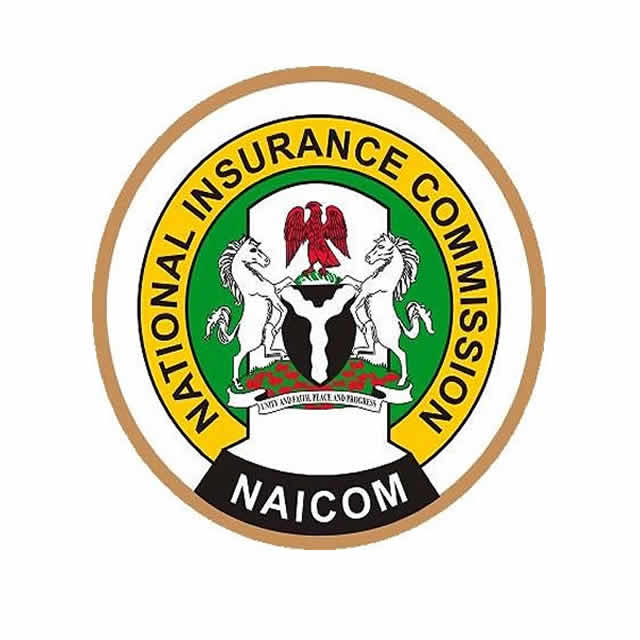The National Insurance Commission has barred insurtech firms from participating in businesses in the oil & gas, marine, aviation sectors, among others, and engaging in cryptocurrency transactions without its approval.
This was disclosed in the guidelines for insurtech operations in Nigeria, which the regulator issued on Wednesday via its website.
Insurtech is derived from insurance and technology and refers to an institution that uses technological innovations to provide insurance services.
The new guidelines, which go into effect on August 1, 2025, stipulate some non-permissible activities that insurtechs cannot participate in.
They include insurance businesses like “oil and gas insurance, marine and aviation insurance, retirement life annuity, and insurance of government assets and liabilities for ministries, departments, and agencies. Launching products or using dynamic pricing without actuarial support or prior approval from the Commission, and complete reliance on artificial intelligence systems to decline claims without human intervention.
“Crypto-based transactions: Acceptance of premiums or settlement of claims in cryptocurrency without prior approval of the Commission. Data privacy violations: Sharing of personal data without explicit consent, in breach of NDPR or related frameworks. Manipulative platform design (Dark Patterns): Interface design tactics that mislead users into purchasing or renewing an insurance policy. Cross-border digital sales without approval: Offering insurance to foreign jurisdictions without prior approval of the Commission.”
They are also barred from physical marketing of insurance products as done by conventional insurance operators.
In terms of the minimum capital threshold, NAICOM said that for standalone insurtech, it will be the higher of “a. N1.5m per category of general or non-life insurance business or risk-based capital determined from time to time by the Commission. b. N1,000,000,000 per category of life insurance business or risk-based capital determined from time to time by the Commission; or c. Such other amount as may be prescribed by the Commission from time to time.”
For insurtech partnering with insurance institutions, the regulator pegged the minimum capital requirement at N10m as of the date of application and shall continue to maintain the same throughout the license period. It added a professional indemnity of not less than N100m or as may be prescribed by the Commission from time to time.
The Commission warned that it may increase from time to time the minimum capital requirement.
Also, players in this sector would be required to submit to the Commission audited annual financial statements not later than the first quarter of the subsequent year.
NAICOM has warned that once the guidelines become effective on Friday, all insurance institutions and insurtech firms operating under any agreement, whether called insurtech business or otherwise, shall comply with the provisions of these guidelines within 30 days of their coming into effect.
During a presentation at the 2025 Nigerian Actuarial Society annual conference, the Managing Director/Chief Executive Officer of AIICO, Babatunde Fajemirokun, noted that in the Nigerian context, insurtech extends far beyond mobile applications.
“It represents a fundamental reimagining of how insurance products are designed, distributed, and serviced in our unique market conditions. The Nigerian landscape presents a distinctive opportunity: high mobile penetration coupled with low formal insurance usage creates fertile ground for innovative insurance technologies to flourish and expand coverage,” he said.
He added that the value creation potential of insurtech spans multiple dimensions and is able to address longstanding challenges in Nigeria’s insurance landscape while opening new frontiers for growth and inclusion.
On its digital platform, Flexure by AIICO, Fajemirokun noted that the firm has sold over three million policies via the platform, demonstrating its scalability and market acceptance.














